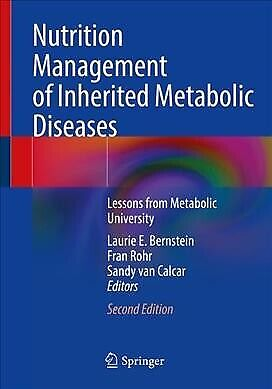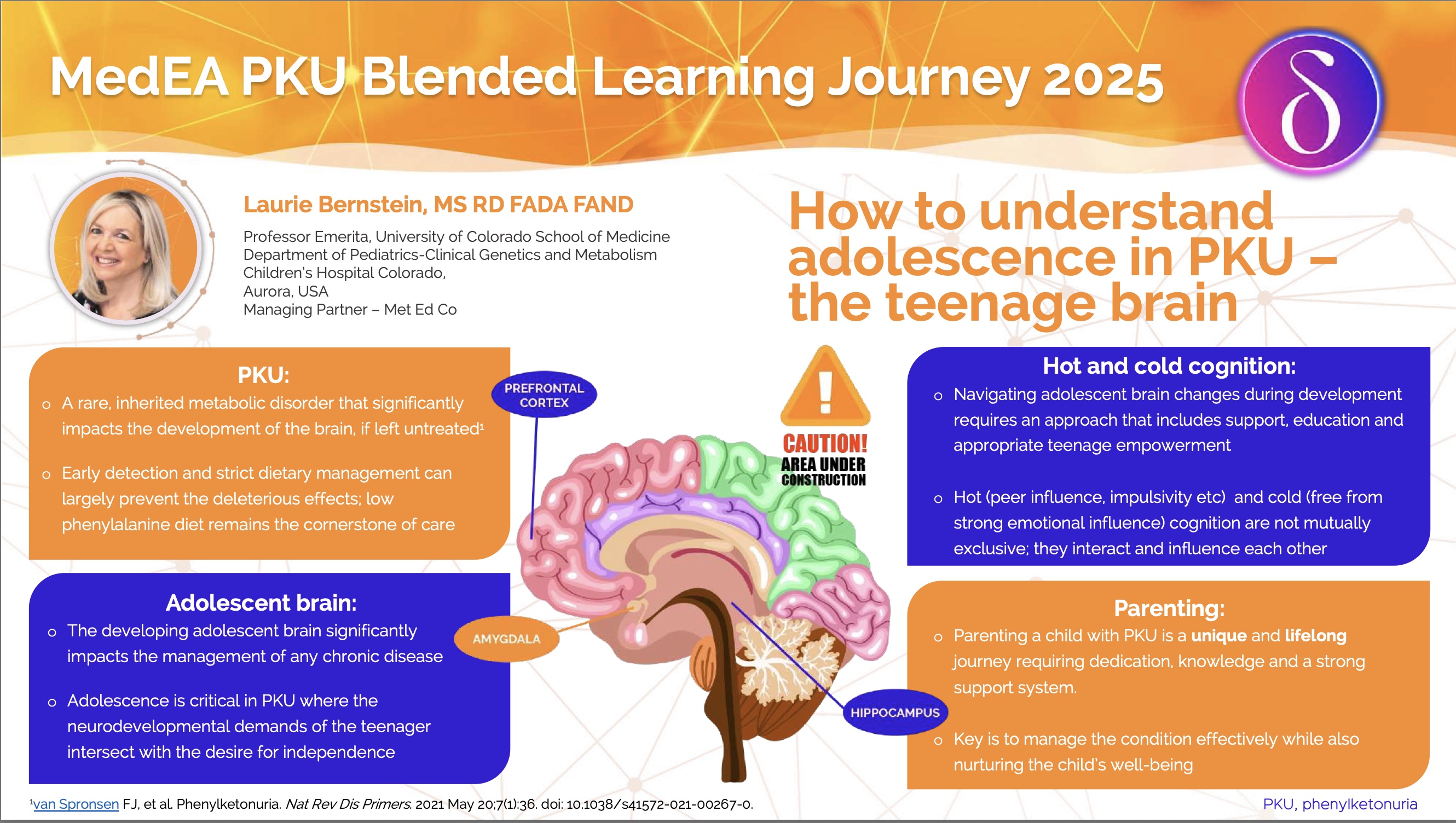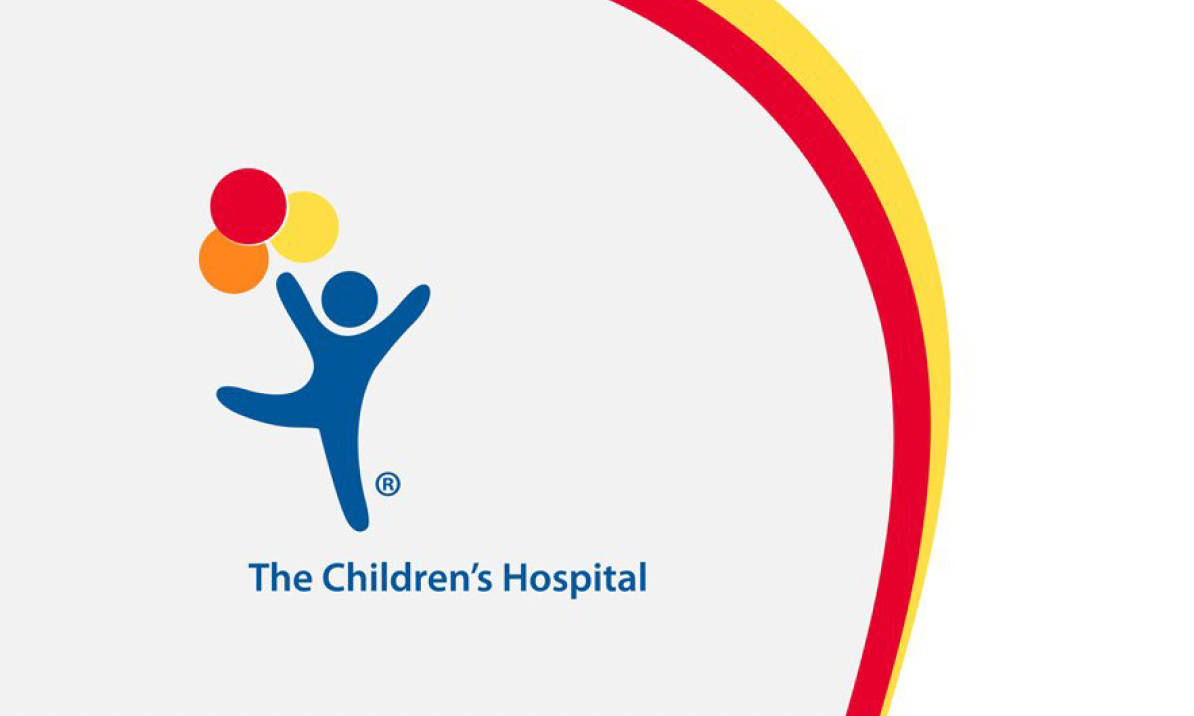Nutrition Management of Inherited Metabolic Diseases - 2nd Edition

This text presents a compilation of topics that have been taught at Metabolic University (MU), an interactive, didactic educational program that has trained over 600 metabolic dietitians/nutritionists, physicians, nurses and genetic counselors.
This book was created in 2022 for the metabolic community. The 1st edition contains only subject matter covered at Metabolic University; therefore, it is not a comprehensive treatise on Inherited Metabolic Disorders (IMD) but rather a text on the most frequently encountered challenges in IMD nutrition.
Each chapter in the book highlights principles of nutrition management, how to initiate a diet, and biomarkers to monitor the diet. Recognizing that there are variations in practice, this book addresses that the key to management lies in understanding how the inactivity of an enzyme in a metabolic pathway determines which components of the diet must be restricted and which must be supplemented as well as the monitoring of appropriate biomarkers to make diet adjustments and ensure the goals of therapy are met
The 2nd edition is an updated and more extensive version covering the nutrition management of IMD and covers a wide range of these disorders, including phenylketonuria and other aminoacidopathies, organic acidemias, urea cycle disorders, fatty acid oxidation disorders, galactosemia and glycogen storage diseases. Guidance is also provided on laboratory evaluations and biochemical testing and monitoring. Topics such as newborn screening for IMD, as well as nutrition management during pregnancy and transplantation, are also addressed. In addition, current medical management therapies are included.





